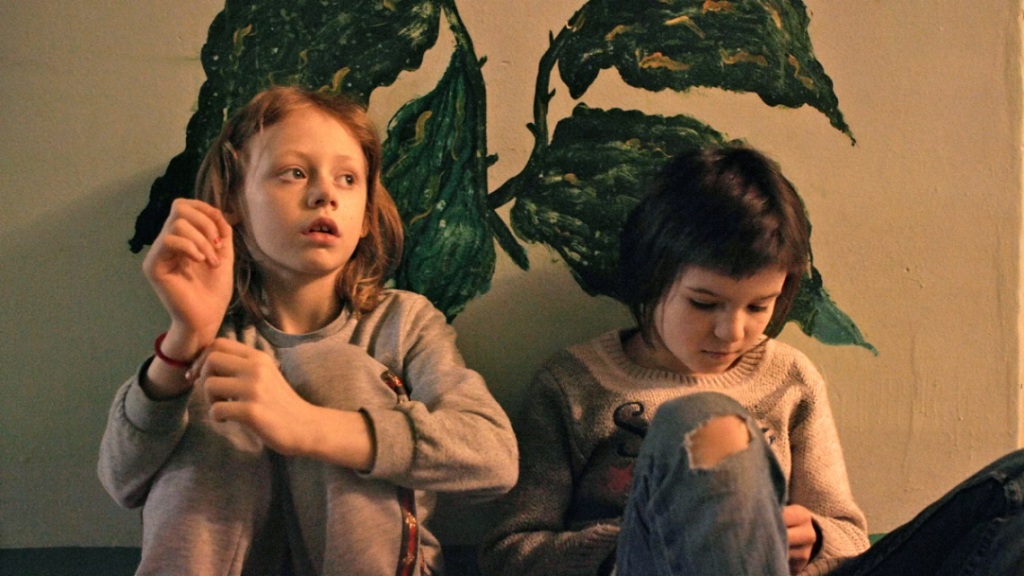A House Made of Splinters
Cinephil
Reviewed for Film Factual by Abe Friedtanzer
Director: Simon Lereng Wilmont
Writer: Simon Lereng Wilmont
Screened at: Critics’ link, LA, 12/29/22
Opens: January 23rd, 2022 (Sundance Film Festival)
Every home looks different, and some may be particularly well-suited for children. That may perpetually be the case, or a shift in circumstances can lead to a transition in how people live and create a place that is welcoming and conducive for young inhabitants. But parenting can also be a stressor that may be too much to bear for some, which can be as a result of many factors. Separating a child from their parents is a difficult, near-impossible decision, but one that may ultimately be determined to be necessary if those raising a child are for whatever reasons not competent to do so.
A House Made of Splinters spotlights an orphanage in Eastern Ukraine near the border of Russia that primarily houses children who have been removed from their homes as a result of alcoholism, addiction, and other afflictions that have led to abuse and neglect. The social workers do their best to ensure that the children are well cared for and that their triggers are anticipated and addressed so that they are not unduly burdened in their newfound temporary home. While some parents do show up to demonstrate an interest in reuniting with their children, the knowledge exists that, in certain cases, finding them a new place to live is in their best interests.
This film, which is on the Oscar shortlist for Best Documentary Feature, comes from director Simon Lereng Wilmont, whose previous feature, The Distant Barking of Dogs, made the same shortlist four years ago. Both films are set in the same area of Ukraine and look at the impact of war on the surrounding community, charting the way in which young children have to face truths far beyond their maturity levels. His latest project is somewhat more conversational and interactive, even if there are still many scenes in which the camera simply observes the behavior of children in unexpected situations.
There is a brutal honesty and vulnerability to this film that deals not only with the children but also with the adults. The social workers regularly evaluate whether they are making the right choices in, for instance, pushing for one child’s grandmother to adopt since the parents have demonstrated that they are not fit and directly asking the child whether that decision is supported. One mother comes to visit with her children and responds to her child mentioning that she is drunk that she had only one drink on the way there, a clear sign of fallibility that still shines through as the best form of love that she’s able to offer.
Ukraine has been in global news for much of the last year given Russia’s invasion of the country and repeated incidents of unrest and conflict. Ukraine’s official Oscar submission for Best International Feature, Klondike, also deals with the physical destruction and emotional catastrophes inflicted by repeated violence. Little about that is specifically mentioned or analyzed in this film, which is a portrait of enduring resilience and of children and adults alike bravely facing challenging circumstances that will have enduring effects on their lives.
87 minutes
Story – B
Technical – B
Overall – B

